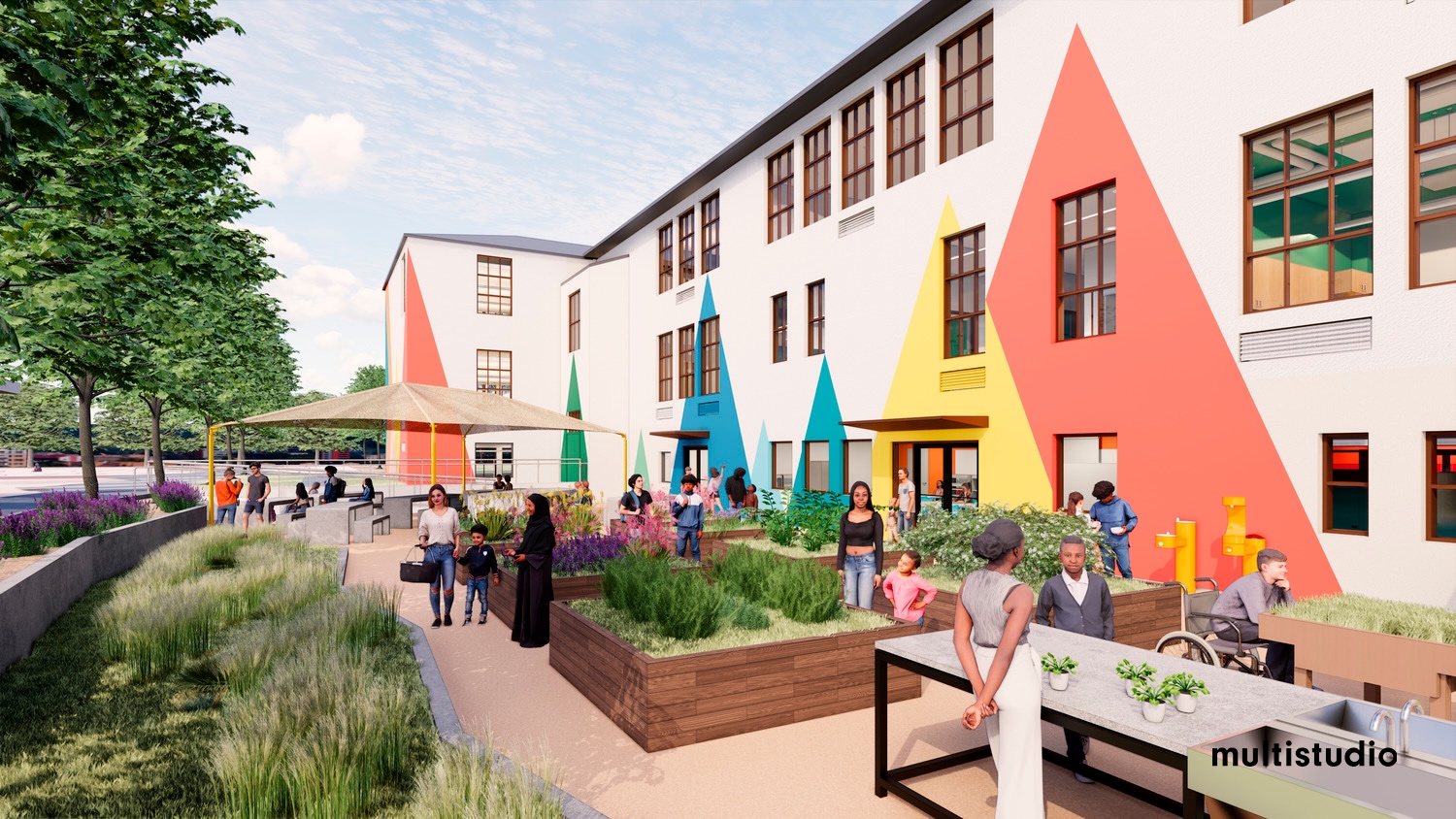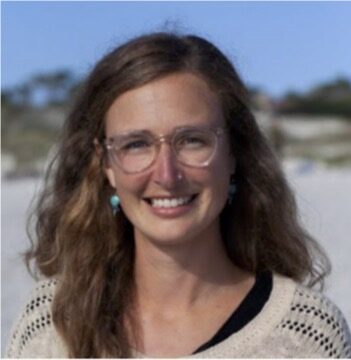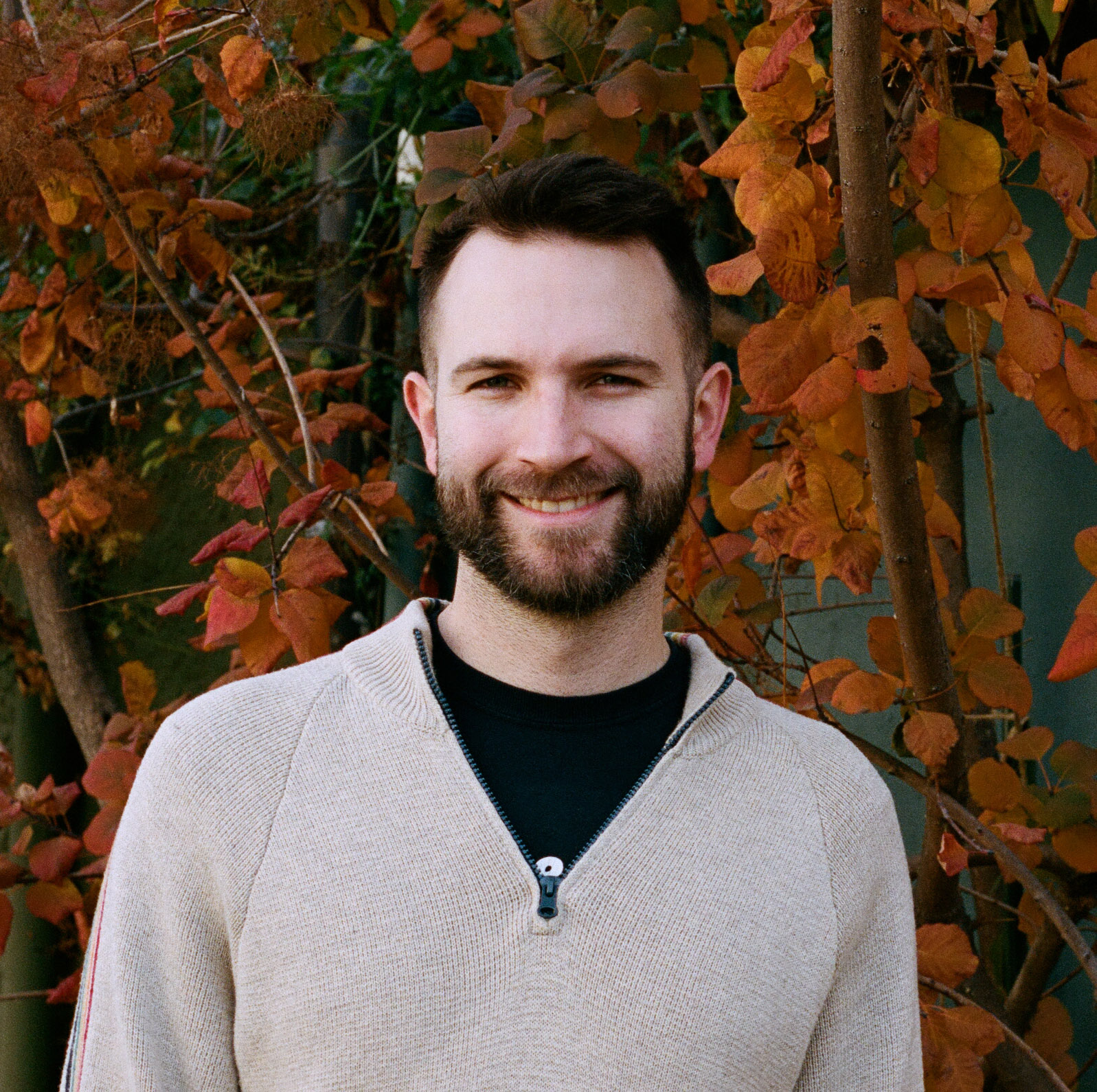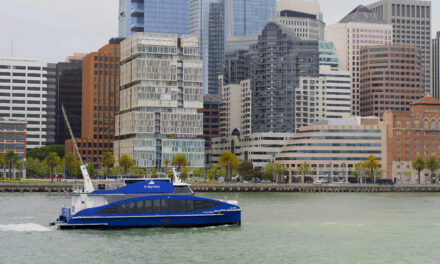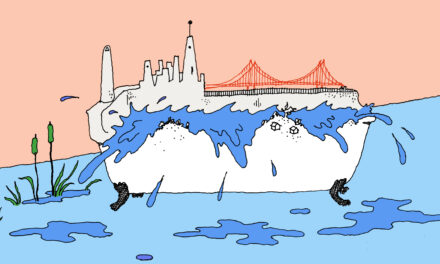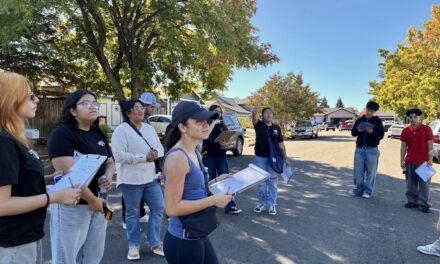How Two East Bay Teachers Are Fighting the Climate Crisis
Educators across the country are realizing how critical preparing students for the climate crisis is for the future. However, researchers say that California falls short in meeting its climate education standards.
California is one of 20 states that use Next Generation Science Standards in its education curriculum. But a 2020 national report gave the state a B+ for its incomplete approach to preparing K-12 students for the climate crisis.
Two East Bay teachers from neighboring school districts are tackling this problem by bringing climate literacy into their classrooms, driven by both state requirements and their personal commitment to the environment.
Ellen McClure is the climate literacy teacher on special assignment for Berkeley Unified School District. In 2021 the district passed Climate Literacy Resolution No 22-018 in response to the climate emergency. The resolution, authored by Berkeley residents and a school board member, called for Berkeley schools to commit to teaching students about climate change science, issues, and solutions . This led to the creation of McClure’s position.
At the time, she was already working in the district as a middle school gardening and cooking teacher. As a member of the California Environmental Literacy Initiative, McClure had a deep passion for integrating environmental education into her teaching. Once she heard about the position, she knew she had to apply.
As part of her position, McClure leads the Climate Literacy Working Group for the district, where she helps teachers develop climate-focused lesson plans tailored to their grade level and expertise. She also goes into classrooms and teaches directly. This tailored support helps to ease the burden on busy, overworked teachers.
Other Recent Posts
Gleaning in the Giving Season
The practice of collecting food left behind in fields after the harvest is good for the environment and gives more people access to produce.
New Study Teases Out Seawall Impacts
New models suggest that sea walls and levees provide protection against flooding and rising seas with little effect on surrounding areas.
Oakland High Schoolers Sample Local Kayaking
The Oakland Goes Outdoors program gives low-income students a chance to kayak, hike, and camp.
Growing Better Tomatoes with Less Water
UC Santa Cruz researchers find the highly-desired ‘Early Girl’ variety yields more tomatoes under dry-farmed conditions.
Santa Clara Helps Homeless Out of Harm’s Way
A year after adopting a controversial camping ban, Valley Water is trying to move unsheltered people out of the cold and rain.
The Race Against Runoff
San Francisco redesigns drains, parks, permeable pavements and buildings to keep stormwater out of the Bay and build flood resilience.
Learning the Art of Burning to Prevent Wildfire
In Santa Rosa’s Pepperwood Preserve, volunteers are learning how controlled fires can clear out natural wildfire fuel before it can spark.
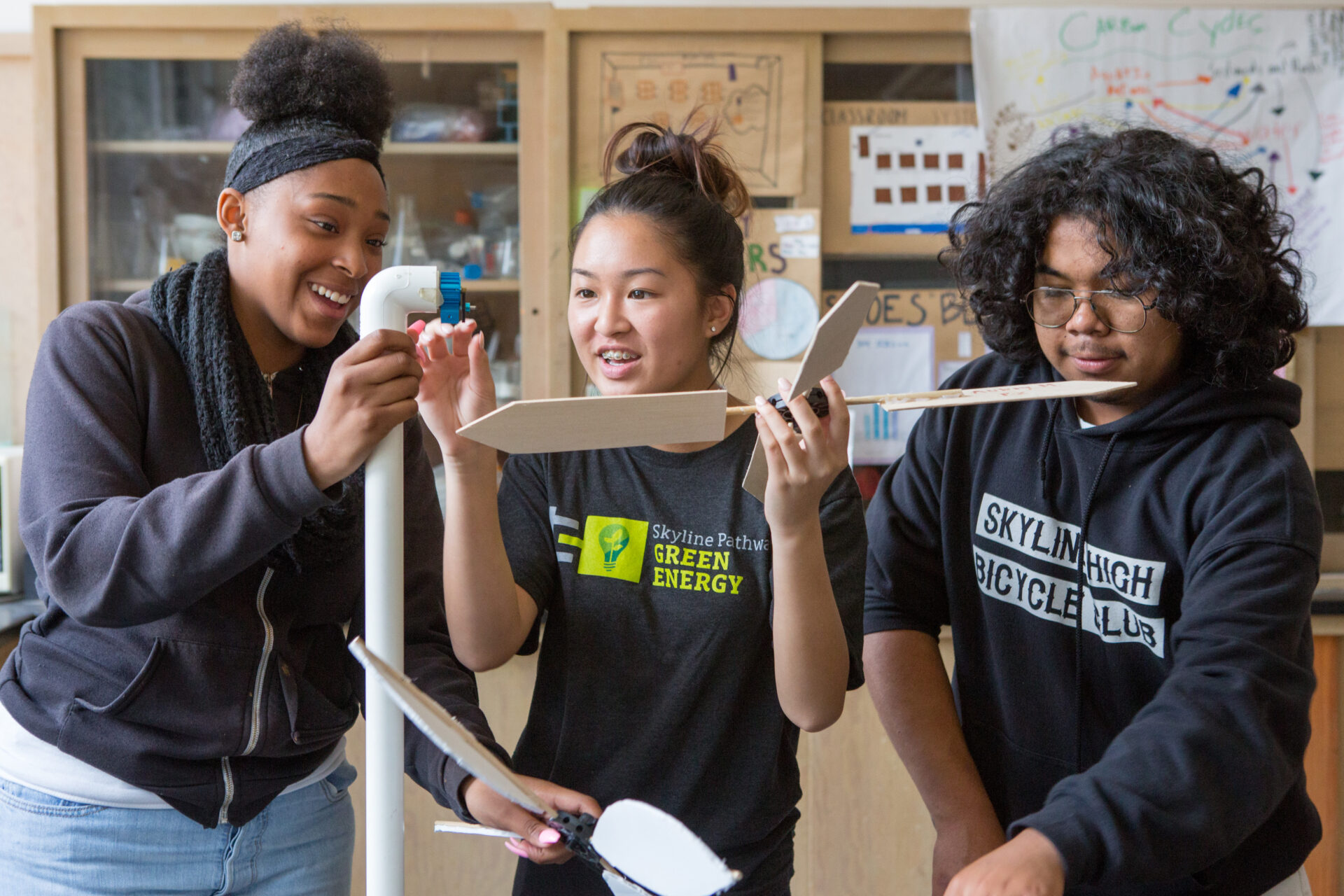
Students assemble a model wind turbine they constructed. Photo by Allison Shelley/The Verbatim Agency for EDUimages
“The goal is to connect what we’re doing to existing academic standards in the classroom, so that it’s not another thing to add on teachers’ plates, but something that works well with the existing curriculum,” McClure says.
A study conducted by the California Environmental Literacy Initiative, Ten Strands, and The Lawrence Hall of Science at UC Berkeley noted that 80% of California educators and administrators surveyed were interested in expanding environmental literacy in their classrooms or schools. Many also felt that projects or hands-on, outdoor experiences for students would be helpful, much like what McClure includes in her lesson plans.
“When [students] are building a project, they’re usually building it around some connection to a local issue,” McClure says. “I think that makes it more relevant for students because they’re seeing it as an issue in their community.”
Berkeley’s school district also has a sustainability program that works to reduce the environmental footprint of schools by creating resource-efficient buildings, reducing energy consumption and food waste, promoting eco-literacy and nature-based education, and more.
Oakland’s school district has a similar dedication to sustainability.
In October 2020, OUSD passed a climate emergency resolution, which aims to transition the district to clean electricity. It also calls for the creation of a task force and advisory council to develop a sustainability policy and plan for city schools.
At Skyline High School, science teacher Conor Carroll is also doing his part by bringing climate education to life for his students. Over the course of his 10 years at the school, Carroll has gradually shifted to teaching his subjects through an environmental lens. His chemistry class, in particular, covers topics like sea level rise, blue and green spaces, and wildfire through the lens of climate change.
“We’re trying to understand what this big phenomenon is and what we can do about it,” Carroll says.
Instilling agency and encouraging his students to create solutions is key to Carroll’s approach.
“If we want to say that youth are going to solve these issues for us, we have to figure out a way to actually [give] decision-making powers to our young people, and engage them much more authentically,” he says.
Skyline also offers a green energy pathway for students to learn about energy use, climate change, and science-based solutions to environmental problems.
Carroll and McClure, like other educators, feel frustrated by the lack of action or communication from their respective city officials regarding the climate crisis.
“It’s really hard to get those solutions that students are talking about to be heard by elected officials,” Carroll says. “If the city or county wanted to get involved in terms of engaging with youth voices, I think that would be phenomenal.”
While McClure and Carroll may not yet have had the time or resources to take advantage of them, there are community programs available to engage youth in civic life. Y-PLAN (Youth – Plan, Learn, Act Now), developed by UC Berkeley’s Center for Cities + Schools, invites students to collaborate with civic leaders to work on projects to reimagine their urban ecosystems and address local issues, like climate change.
Overall, the pair of educators are ready for what the future holds for climate literacy among East Bay schools.
“It’s very new, so it’s exciting to be developing this in collaboration with lots of other school leaders and community partners. I’m excited to see where it goes,” says McClure.
Top image: A rendering of a planned remodel of Berkeley’s Longfellow Middle School, including more gardens. Art: Multistudio.






